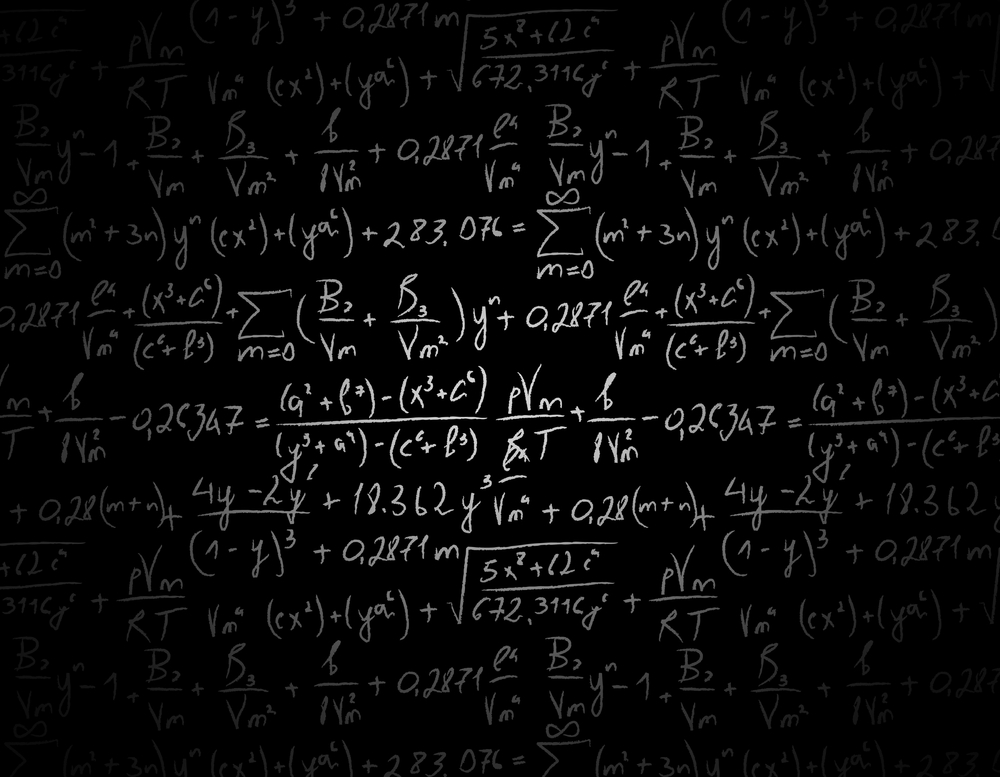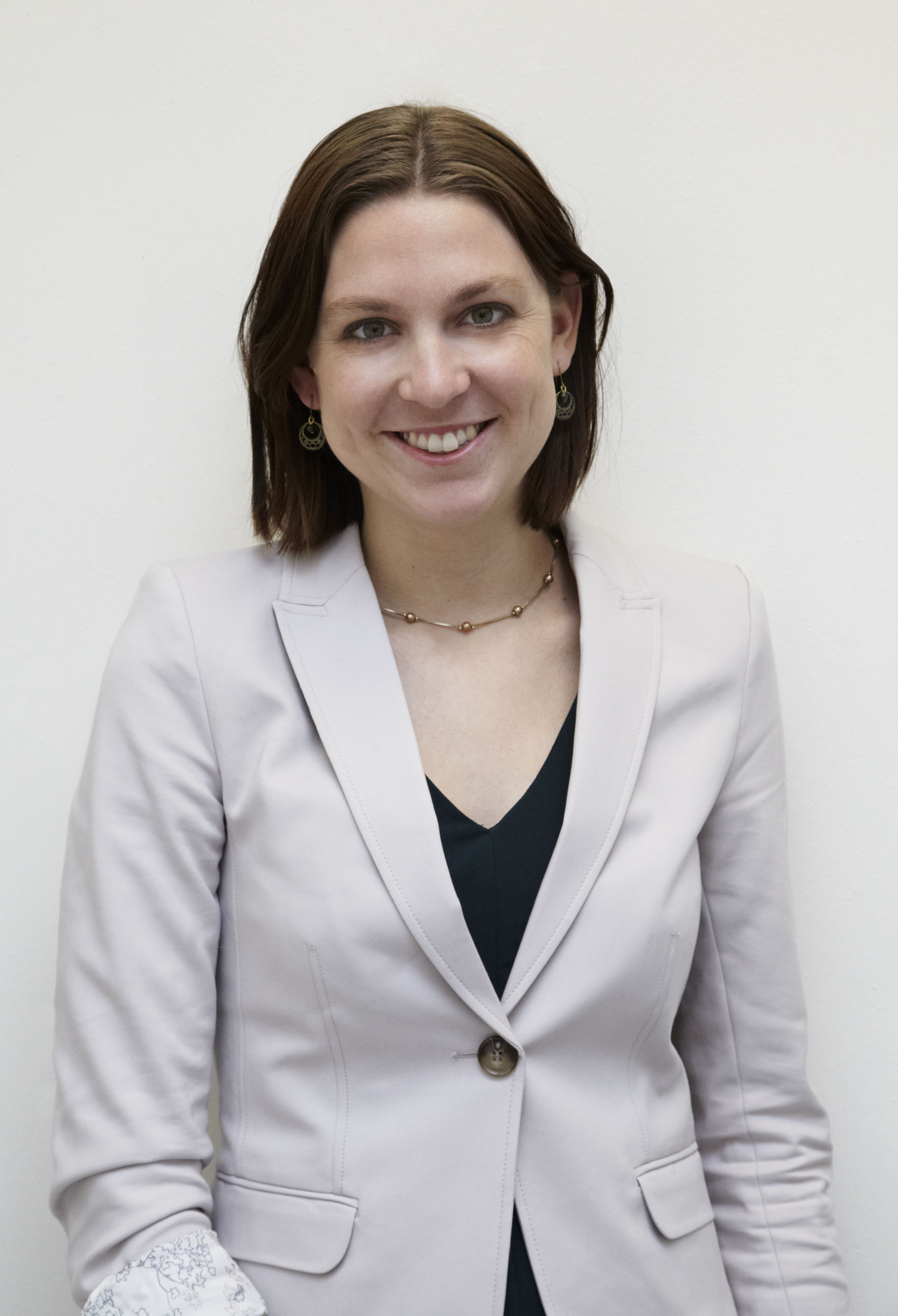What's the Universe Made Of? Math, Says Scientist

BROOKLYN, N.Y. — Scientists have long used mathematics to describe the physical properties of the universe. But what if the universe itself is math? That's what cosmologist Max Tegmark believes.
In Tegmark's view, everything in the universe — humans included — is part of a mathematical structure. All matter is made up of particles, which have properties such as charge and spin, but these properties are purely mathematical, he says. And space itself has properties such as dimensions, but is still ultimately a mathematical structure.
"If you accept the idea that both space itself, and all the stuff in space, have no properties at all except mathematical properties," then the idea that everything is mathematical "starts to sound a little bit less insane," Tegmark said in a talk given Jan. 15 here at The Bell House. The talk was based on his book "Our Mathematical Universe: My Quest for the Ultimate Nature of Reality" (Knopf, 2014).
"If my idea is wrong, physics is ultimately doomed," Tegmark said. But if the universe really is mathematics, he added, "There's nothing we can't, in principle, understand." [7 Surprising Things About the Universe]
Nature is full of math
The idea follows the observation that nature is full of patterns, such as the Fibonacci sequence, a series of numbers in which each number is the sum of the previous two numbers. The flowering of an artichoke follows this sequence, for example, with the distance between each petal and the next matching the ratio of the numbers in the sequence.
The nonliving worldalso behaves in a mathematical way. If you throw a baseball in the air, it follows a roughly parabolic trajectory. Planets and other astrophysical bodies follow elliptical orbits.
Breaking space news, the latest updates on rocket launches, skywatching events and more!
"There's an elegant simplicity and beauty in nature revealed by mathematical patterns and shapes, which our minds have been able to figure out," said Tegmark, who loves math so much he has framed pictures of famous equations in his living room.
One consequence of the mathematical nature of the universe is that scientists could in theory predict every observation or measurement in physics. Tegmark pointed out that mathematics predicted the existence of the planet Neptune, radio waves and the Higgs boson particle thought to explain how other particles get their mass.
Some people argue that math is just a tool invented by scientists to explain the natural world. But Tegmark contends the mathematical structure found in the natural world shows that math exists in reality, not just in the human mind.
And speaking of the human mind, could we use math to explain the brain?
Mathematics of consciousness
Some have described the human brain as the most complex structure in the universe. Indeed, the human mind has made possible all of the great leaps in understanding our world.
Someday, Tegmark said, scientists will probably be able to describe even consciousness using math. (Carl Sagan is quoted as having said, "the brain is a very big place, in a very small space.")
"Consciousness is probably the way information feels when it's being processed in certain, very complicated ways," Tegmark said. He pointed out that many great breakthroughs in physics have involved unifying two things once thought to be separate: energy and matter, space and time, electricity and magnetism. He said he suspects the mind, which is the feeling of a conscious self, will ultimately be unified with the body, which is a collection of moving particles.
But if the brain is just math, does that mean free will doesn't exist, because the movements of particles could be calculated using equations? Not necessarily, he said.
One way to think of it is, if a computer tried to simulate what a person will do, the computation would take at least the same amount of time as performing the action. So some people have suggested defining free will as an inability to predict what one is going to do before the event occurs.
But that doesn't mean humans are powerless. Tegmark concluded his talk with a call to action: "Humans have the power not only to understand our world, but to shape and improve it."
Follow Tanya Lewis on Twitter and Google+. Follow us @livescience, Facebook & Google+. Original article on LiveScience.


